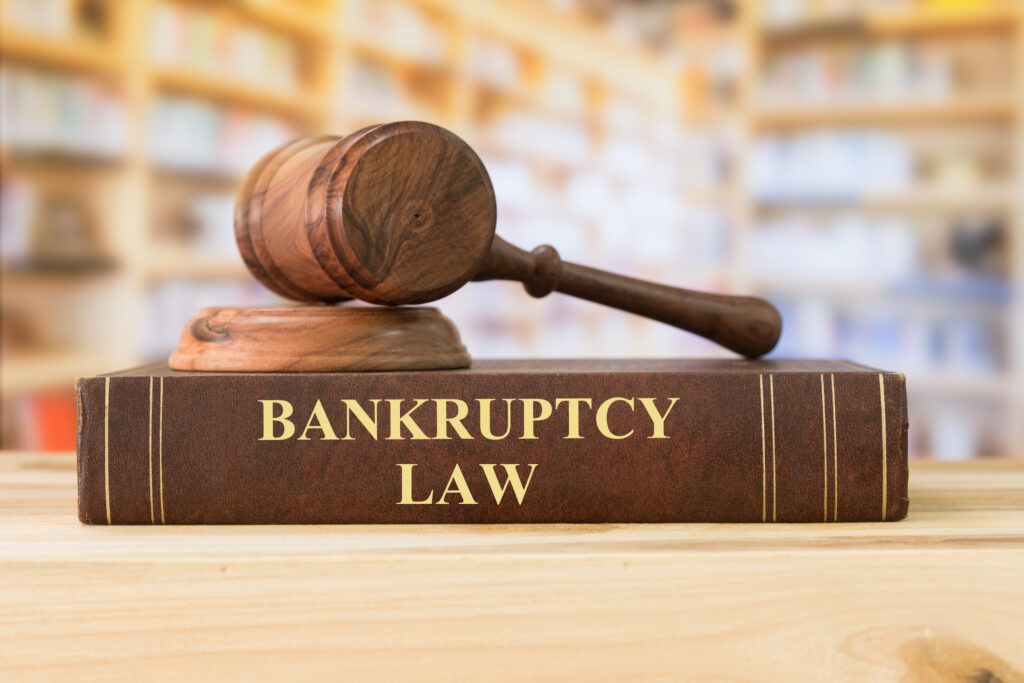
You can file for bankruptcy pro se, which means filing on your own without the representation of an attorney. While it is entirely legal to do so, navigating the bankruptcy process pro se can be challenging due to the complexity of bankruptcy laws and the procedural requirements of the bankruptcy court.
Considerations for Filing Pro Se
- Understanding Bankruptcy Laws: Bankruptcy laws are complex, and successfully filing requires a thorough understanding of the applicable laws and procedures. This includes knowing which chapter of bankruptcy to file under (e.g., Chapter 7 or Chapter 13 for individuals), understanding the forms that need to be filled out, and being aware of the deadlines and documentation required.
- Means Test: For Chapter 7 bankruptcy, you’ll need to pass the means test, which assesses your income and expenses to determine eligibility. Calculating this correctly is crucial for your case.
- Filing and Administrative Fees: You’ll need to pay filing fees to the bankruptcy court, though in some cases, you may apply for a waiver or installment payments if you cannot afford the fees upfront.
- Bankruptcy Forms: Filing for bankruptcy requires completing and filing a significant amount of paperwork accurately. Mistakes or omissions can result in delays, dismissal of your case, or even allegations of bankruptcy fraud.
- 341 Meeting of Creditors: You will be required to attend the 341 meeting of creditors, where creditors can ask questions about your finances and the information you provided in your bankruptcy filing.
- Potential for Mistakes: The risk of making mistakes can be higher without legal guidance. Errors in your filing can lead to your case being dismissed, or you might fail to discharge some debts that could have been discharged with proper legal advice.
Resources for Pro Se Filers
- U.S. Bankruptcy Court Websites: Many court websites offer resources for pro se filers, including forms and instructions.
- Bankruptcy Forms Manual: Some courts provide a manual or guidebook that explains how to fill out the various forms.
- Legal Aid Societies: Some legal aid organizations offer assistance or resources for individuals filing for bankruptcy.
- Pro Bono Programs: Check if there are any pro bono (free) legal services available in your area that can assist with bankruptcy filings.
Alternatives to Pro Se Filing
- Consulting with a Bankruptcy Attorney: Even if you plan to file pro se, consulting with a bankruptcy attorney for advice can be invaluable. Some attorneys offer free initial consultations.
- Hiring a Bankruptcy Petition Preparer: If you cannot afford an attorney, another option is to hire a bankruptcy petition preparer. These individuals can help with the paperwork for a fee but are not attorneys and cannot offer legal advice.
While filing for bankruptcy pro se is possible, it requires a significant investment of time and effort to understand and correctly navigate the bankruptcy process. Given the potential consequences of errors, carefully consider whether you have the resources and ability to manage your case effectively. For many, the benefits of hiring a bankruptcy attorney to ensure the process is handled correctly outweigh the costs.
Top of Form
Top of Form
Top of Form

Get a Free Bankruptcy Case Evaluation